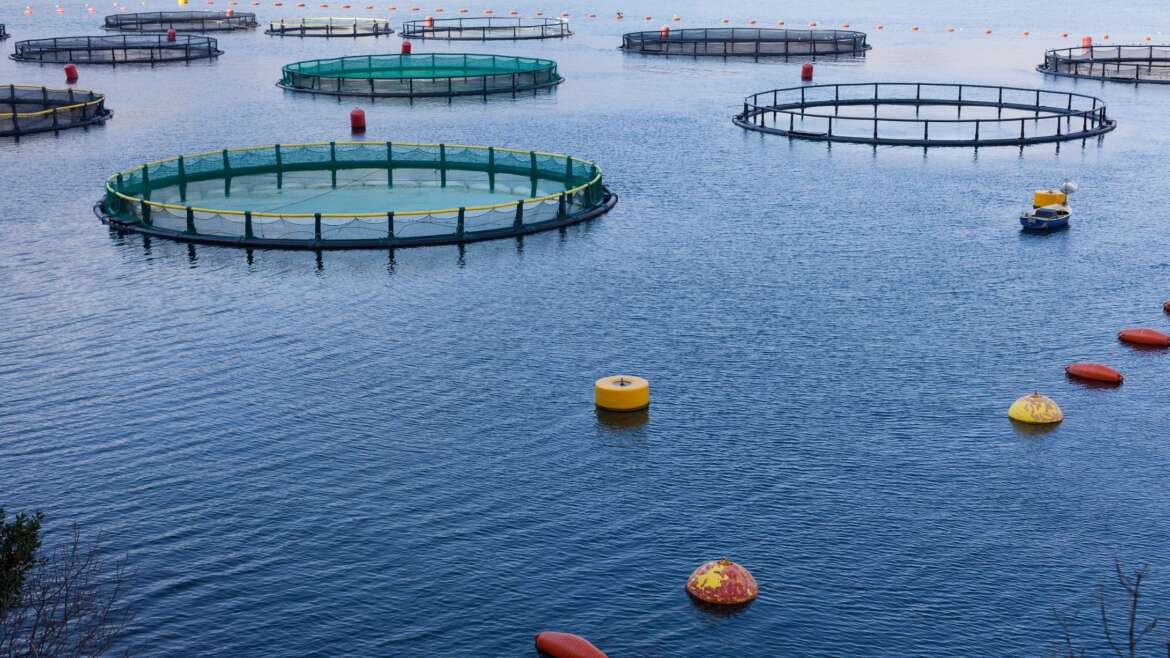
Rhode Island is home to a number of coastal salt ponds/coastal lagoons. Aquaculture operations, mostly for growing and selling oysters, are among the many uses of these salt ponds. In addition to aquaculture leases, people use salt ponds to swim, boat, hunt, and more. These uses must all be balanced, and require aquaculture permitting.
Aquaculture operations are unique in that there are several state agencies involved in the permitting process. Our blog post today will take a look at which agencies are involved, what each agency is responsible for, and how the agencies cooperate with one another. We will also explain why environmental law firms with coastal experience can help you obtain all of the permits you need.
Which Agencies Are Involved in Aquaculture Permitting?
Rhode Island is home to a number of aquaculture leases (81 in the year 2019). The leases are viewable in a GIS map created by the RI Department of Environmental Management’s (“DEM”) Division of Marine Fisheries (“DMF”). The RI Coastal Resources Management Council (“CRMC”), the DMF, and the Department of Health (“DOH”) all coordinate and cooperate. These efforts occur throughout siting, licensing, and operation processes, as detailed below. A prospective aquaculturist will benefit from hiring a qualified environmental law firm with specific experience working through these processes and the different agencies and regulations which apply.
CRMC
The CRMC is in charge of permitting each aquaculture site and lease area proposed in the state. Each aquaculture operation must obtain a permit, or Assent, to conduct aquaculture and a lease for use of submerged lands under the coastal waters of the state, as required by the R.I. General Laws.
Some environmental law firms in the state have great experience in obtaining Assents, which requires an attorney familiar with relevant laws and the CRMC regulations. A familiarity with how CRMC conducts the Assent application process is beneficial as well. While CRMC is responsible for the Assent applications and approvals, the law states that “[n]o application shall be approved by the CRMC or a permit granted prior to the consideration of recommendations by both the director [of DEM] and the MFC [Marine Fisheries Council].” Thus, the CRMC works with the DMF in this permitting process. Permit applications must meet the requirements under Category B Assents, found in Section 1.3.1 of the CRMC regulations here.
DMF
DMF is likewise responsible for permitting, though from the sales side of aquaculture operations. The Aquaculture of Marine Species in Rhode Island regulations state that “[a]n Aquaculture license from the Director [of DEM] is required for an individual to sell to licensed fish and shellfish dealers cultured crops from an aquaculture lease or facility permitted by CRMC and operated in accordance with the aquaculturist’s approved operational plan.” These regulations also require that the applicant have an approved Assent from the CRMC first, as well as a RI Pollutant Discharge Elimination System (“RIPDES”) permit if necessary. Working with attorneys from any of the state’s environmental law firms provides for review of plans in the context of the regulations.
DOH
The DOH oversees the Processing and Distribution of Shellfish regulations, which adopt the requirements of the National Shellfish Sanitation Program 2015 Model Ordinance. These regulations set the minimum requirements for health and safety in shellfish businesses. A permit is required from DOH for each shellfish business, which requires the submission of several facility and operations plans. Coastal law-savvy attorneys employed at environmental law firms may also have particular experience with these regulations.
Overall, many potential aquaculturists seek out attorneys to assist them with the requirements, timetables, and deadlines associated with the multiple permits required for operating an aquaculture farm and selling the products. If you are planning to start an aquaculture farm or renew your current permits, you need the help of one of the qualified environmental law firms.
Contact us, our attorneys have assisted other aquaculture projects and have worked on numerous cases involving regulatory agency approvals. Email or call us today at 401.477.0023.
